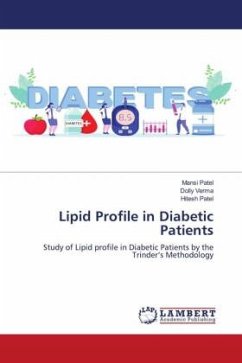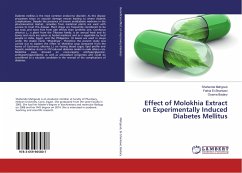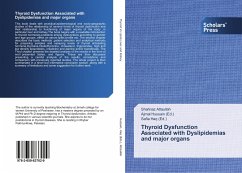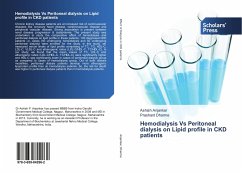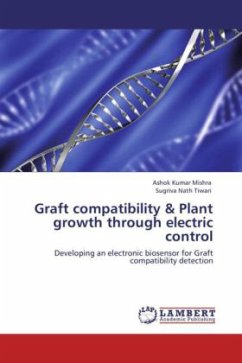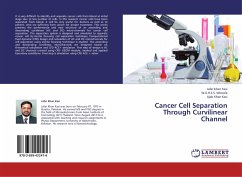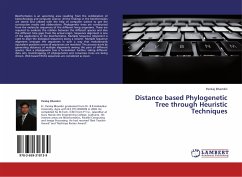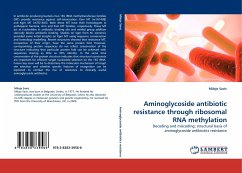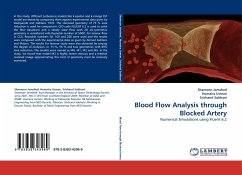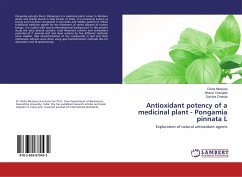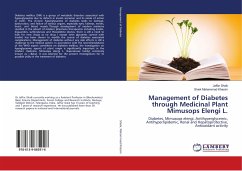
Management of Diabetes through Medicinal Plant Mimusops Elengi L.
Diabetes, Mimusops elengi, Antihyperglycemic, Antihyperlipidemic, Renal and Hepatoprotective, Antioxidant activity
Versandkostenfrei!
Versandfertig in 6-10 Tagen
51,99 €
inkl. MwSt.

PAYBACK Punkte
26 °P sammeln!
Diabetes mellitus (DM) is a group of metabolic disorders associated with hyperglycaemia due to defects in insulin secretion and its mode of action or both. The chronic hyperglycaemia of diabetes leads to damage, dysfunction, and failure of various organs, especially eyes, kidneys, nerves, heart, and blood vessels. Though development of modern medicine resulted in the advent of modern pharmaco therapeutics including insulin, biguanides, sulfonylureas and thiozolidine diones, there is still a need to look for new drugs as no drug ( except strict glycaemic control with insulin) has been shown to ...
Diabetes mellitus (DM) is a group of metabolic disorders associated with hyperglycaemia due to defects in insulin secretion and its mode of action or both. The chronic hyperglycaemia of diabetes leads to damage, dysfunction, and failure of various organs, especially eyes, kidneys, nerves, heart, and blood vessels. Though development of modern medicine resulted in the advent of modern pharmaco therapeutics including insulin, biguanides, sulfonylureas and thiozolidine diones, there is still a need to look for new drugs as no drug ( except strict glycaemic control with insulin) has been shown to modify the course of diabetes associated complications. Management of diabetes without any side effects is still a challenge to the medical system. In accordance with the recommendations of the WHO expert committee on diabetes mellitus, the investigation on hypoglycaemic agents of plant origin is significantly important in the modern medicine. Mimusops elengi L. (Sapotaceae family) commonly known as Bakul. It was selected for the present investigations for its possible utility in the treatment of diabetes.



